Refugee teachers are teaching refugee children as Syrians in Turkey help themselves. Voluntary teachers are improvising schools. On behalf of the German Federal Government, KfW is supporting the UN's Children's Fund UNICEF in providing education in refugee camps.
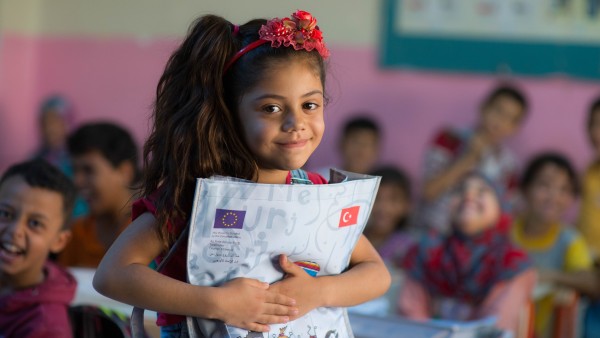
Opportunity for education
The funding is sufficient to teach more than 277,000 pupils for one school year.
Mushab's grandfather was a teacher, his father was a teacher. Mushab himself taught in the Syrian city of Idlib, until shrapnel from an exploding bomb deprived him of his right eye. Mushab fled to Turkey, and there he is doing what he has always done: he is teaching. His pupils are the Syrian children in the Akçakale refugee camp near Şanlıurfa. He worked there for two years on a voluntary basis, without pay. His family barely made ends meet. But now, UNICEF is paying him a minimum wage.
"Conditions have improved too, we have proper classrooms, notebooks and pens", enthused Mushab. He initially taught in tents he put up himself, now UNICEF has provided prefabricated containers. On behalf of the Federal Ministry for Economic Cooperation and Development (BMZ), KfW Development Bank is financing the UNICEF project in Turkey alongside other donors. The sum of EUR 40 million was paid in 2016, followed by a further EUR 44 million by the end of 2017. The project supports 13,000 voluntary Syrian teachers in Turkey, and the funds are sufficient to finance more than 277,000 pupils for one school year.
Mushab has ambitious plans for his pupils: "They can become doctors, lawyers and engineers", explained the 32 year-old. Yet many of them have difficulties following the lessons. Some of them lost their parents in the war, while others are suffering from psychological problems, or, like their teacher, were injured during the war. Then there is the issue of limited space in the classes. The Turkish schools are trying to organise the classes as best they can, despite the rising number of pupils. Separate afternoon shifts have been introduced for the Syrian children. Thanks to the KfW-UNICEF project the learning conditions have seen a great improvement: there are now enough computers, copy machines and furniture in more than 100 of the improvised schools. Around 5,000 pupils have received school books, satchels and other learning materials.
”Teaching is a profession full of love and loyalty.“
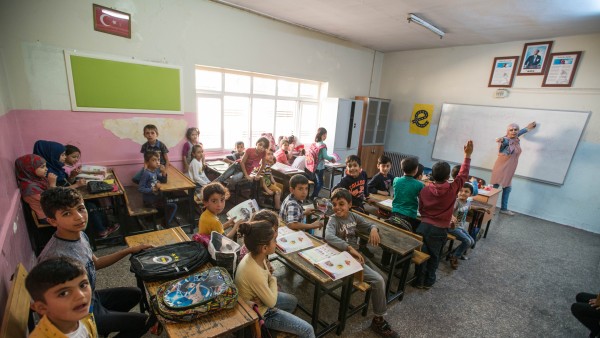
Class size
Many classes are overcrowded. Due to the narrowness, the potential for conflict among the students is high.
"That said, 50 children currently sit in a classroom designed for 24", reveals Osama Ayat, who fled from Aleppo to Turkey in 2013. "The children push each other because of the lack of space, and the emotional tensions often lead to arguments." 28-year-old Osama taught Arabic in Syria, but now he is teaching conflict resolution, communication and professional ethics, because he is training the voluntary teachers in Turkey on behalf of UNICEF. "Every child must be treated equally", he reminds them. "Teaching is a profession full of love and loyalty. Do not abuse your position of power." 250 Syrian teachers are attending the ten-day course in Ankara, while across the country a total of 20,500 volunteers are participating in further training in 21 Turkish provinces. They are given a certificate for this professional training.
"For me this is also an opportunity to find my identity again," explained 42-year-old Futoun Nawlo, who was forced to leave Aleppo. It's also about self-empowerment for her: "We don't want to be reliant on charity, we want to live and work in dignity."
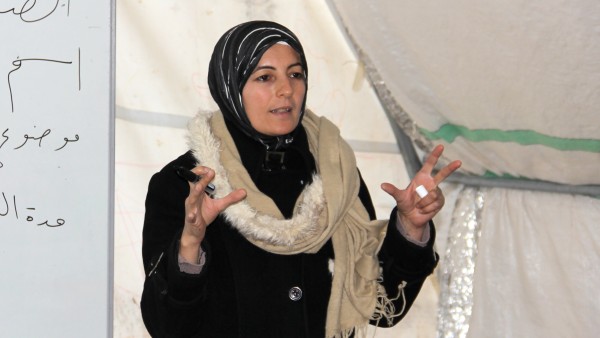
Language proficiency
The Syrian children usually speak little Turkish and first have to learn the foreign language.
There is an urgent need for voluntary teachers. Most of the Syrian refugee children speak little Turkish, and therefore find it very difficult to follow regular classes. More than 600,000 refugee children from Syria attend school in Turkey, while estimates suggest there are another 500,000 who live there but don't receive an education. Many of the children attend temporary schools set up by UNICEF to prepare Arabic-speaking pupils for classes in Turkish.
The voluntary teachers also struggle with the foreign language of their host country. Osama Ayat delves into his Turkish course book every evening. "My Turkish teacher gave me a lot of confidence. Since then I study twice as hard," he says. He wants to pass this ambition over to his pupils too: "Sometimes words give you so much strength you feel you can take over the whole world."
Published on KfW Stories: Monday, 4 June 2018
The described project contributes to the following United Nationsʼ Sustainable Development Goals
Goal 4: Quality education
Refusing people access to education means depriving them of a basic human right – and of important development prospects for individuals and society. Education enables people to improve their political, social, cultural, and economic situations. Worldwide, 58 million children and 63 million young people still do not have access to primary and secondary schools. 90 per cent of all children with a disability never go to school. 781 million people are illiterate. 7.5 million people with functional illiteracy live in Germany alone.

All United Nations member states adopted the 2030 Agenda in 2015. At its heart is a list of 17 goals for sustainable development, known as the Sustainable Development Goals (SDGs). Our world should become a place where people are able to live in peace with each other in ways that are ecologically compatible, socially just, and economically effective.

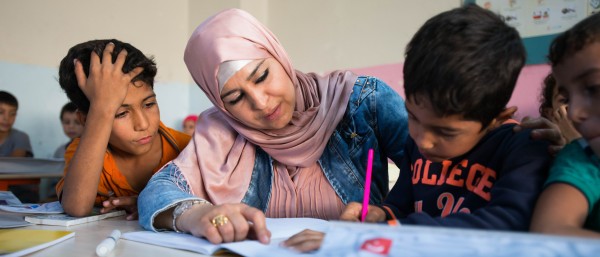
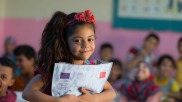
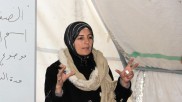
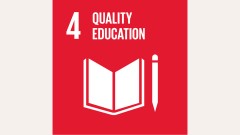
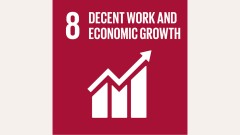

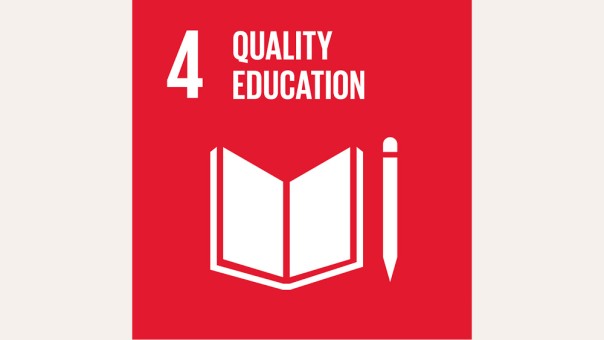
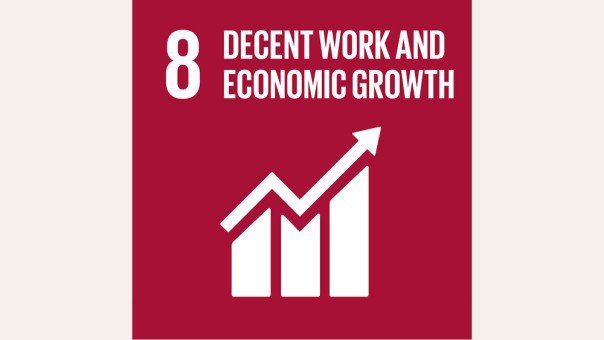

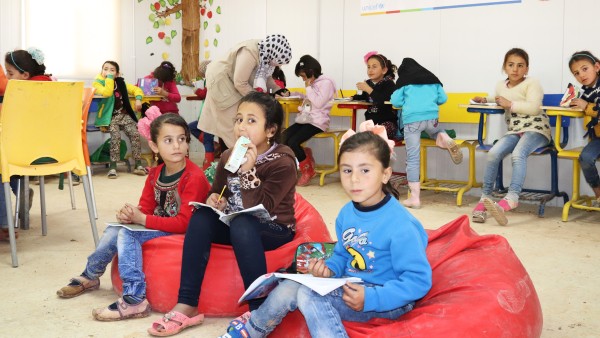

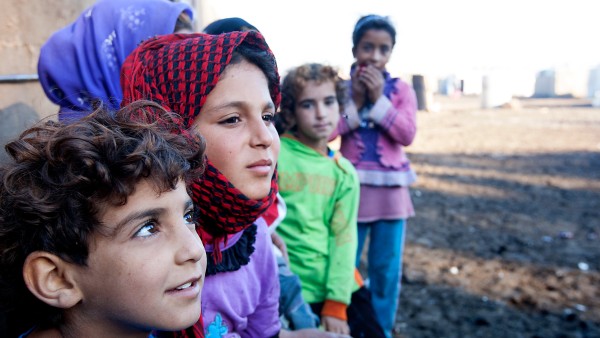
Data protection principles
If you click on one of the following icons, your data will be sent to the corresponding social network.
Privacy information